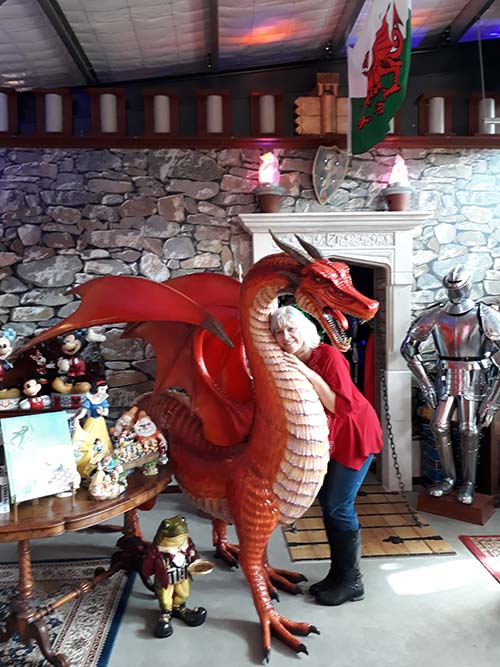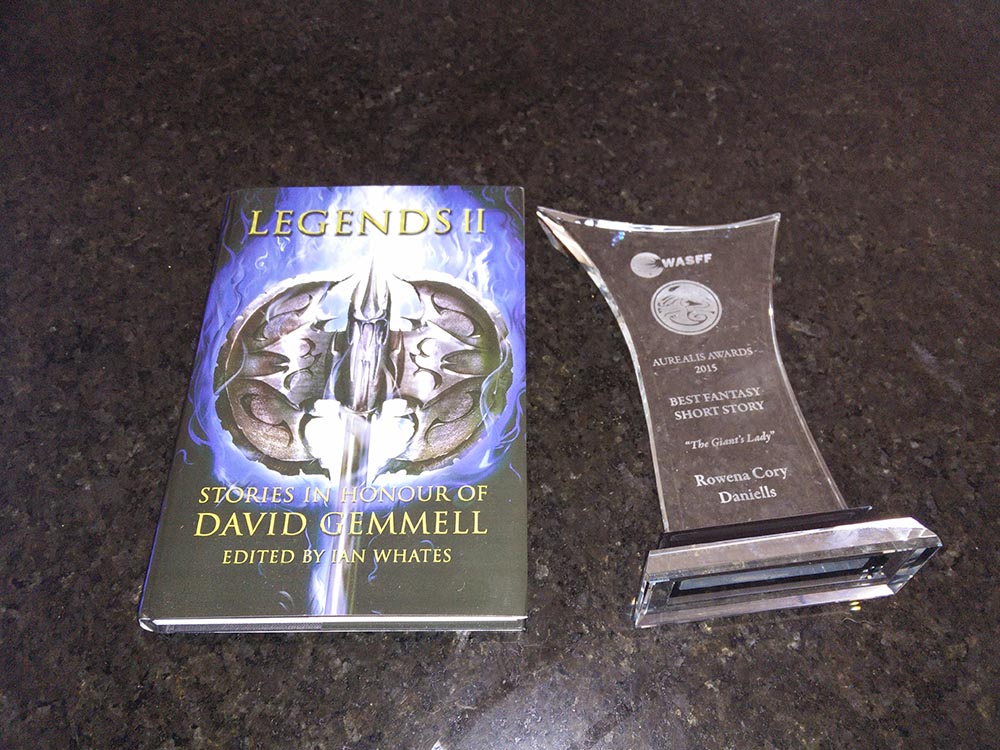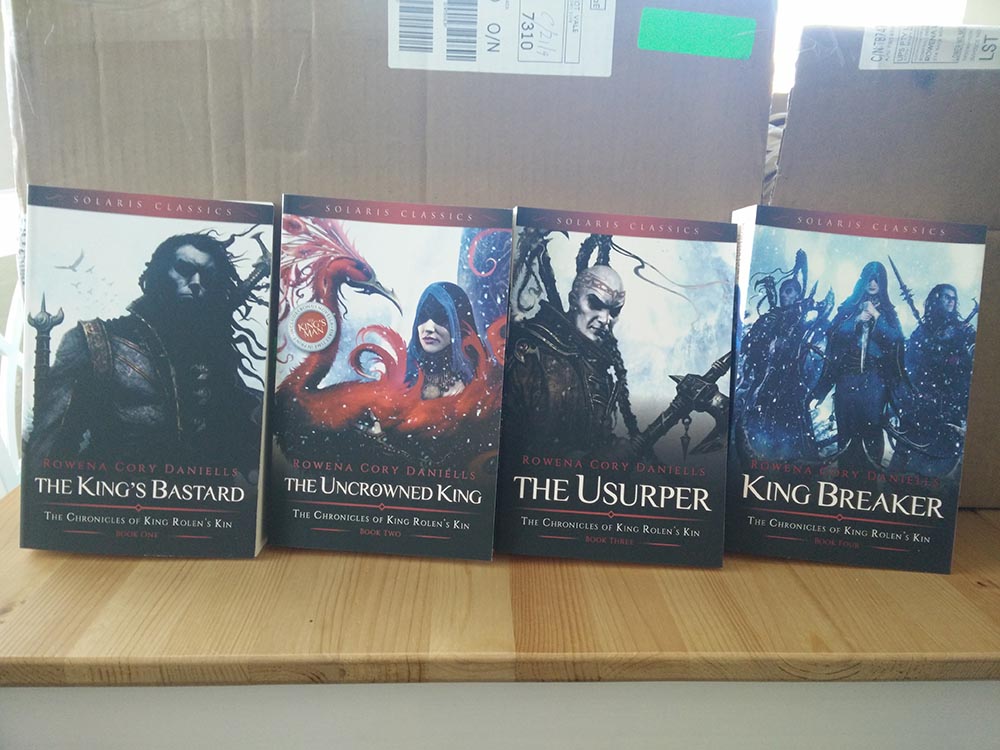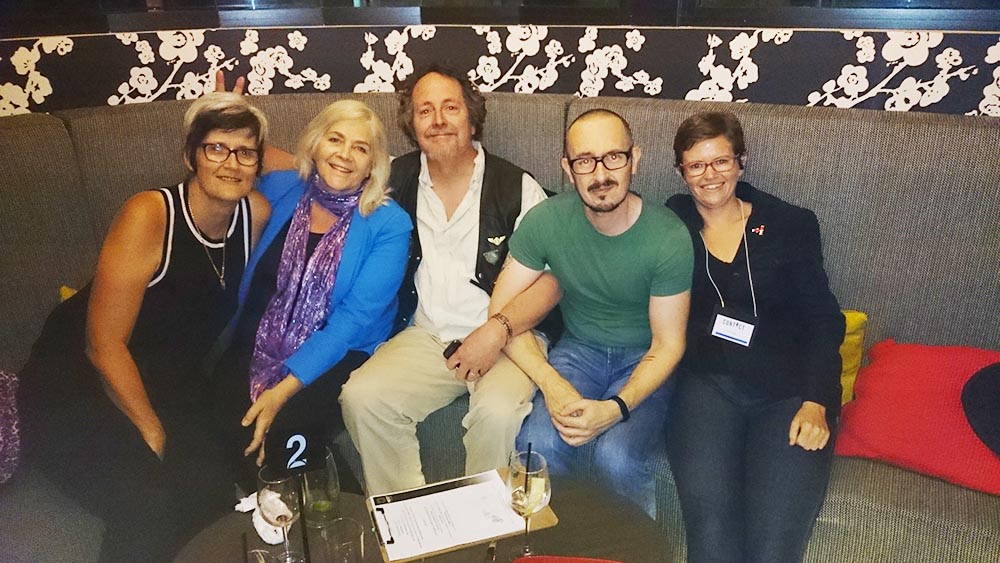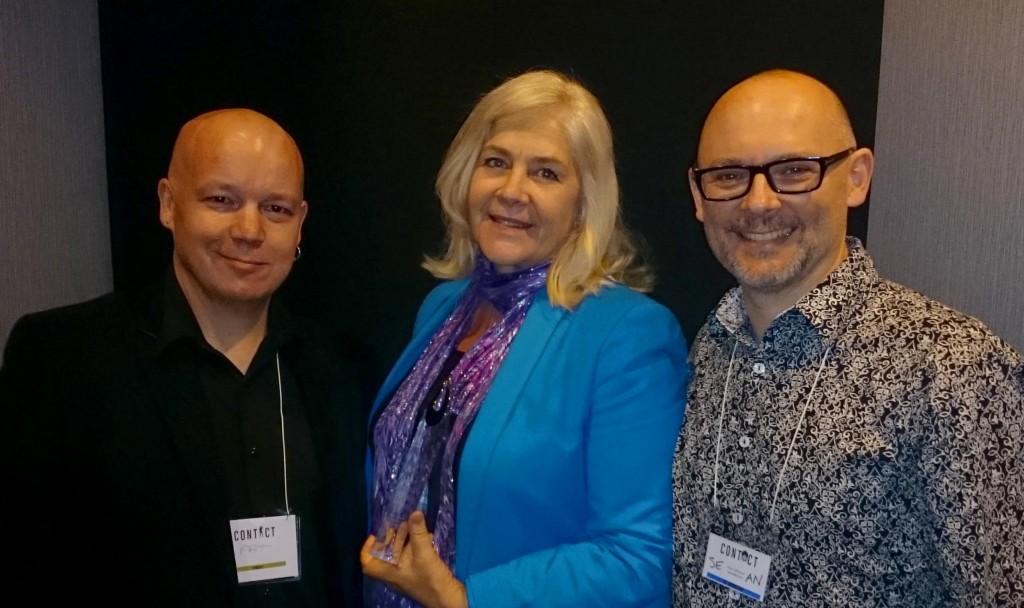One Step at a Time… A blog post in support of #HoldOnToTheLight SF/F Authors and Fans for Mental Wellness

When Gail Z Martin, the Pocket Rocket, approached me to take part in this campaign to raise awareness of mental health issues I wanted to be involved. At the same time I felt the subject was very raw and I wasn’t sure that I could put my thoughts into coherent blog post. (There is a list of useful sites at the end of this post).
Here goes…
I know so many people who have battled mental health issues, from depression through anxiety and bi-polar to schizophrenia. I don’t know whether we just talk about it more nowadays, or if there are more mental health issues due to the epi-genetic consequence of last century’s conflicts but I do know these issues affect us all one way or another.
Mental Health Issues are a bit like back pain, you can’t see anything obvious but it really hurts. And when it hits you or someone you love, you wonder where did this come from and what can I do about it.
There is some interesting recent research on the topic. Firstly genetics and epi-genetics. It used to be thought that genes were a code which was expressed in the way we developed and that was it. We now know differently.
In an article by Annie Murphy Paul in the Discover Magazine, she explains that children whose mothers had been in the third trimester of their pregnancy when their fathers were killed in the World Trade Centre were more likely to have low levels of cortisol which can be associated with anxiety. This same phenomenon has been noted in the children and grandchildren of holocaust survivors.
Paul interviewed Psychiatrist Rachel Yehuda who said: ‘I have a long-running interest in the transgenerational transmission of PTSD risk, or the handing down of a susceptibility to PTSD from parent to child.”
According to Paul: ‘Yehuda encountered a vivid example of this phenomenon in 1993, when she opened the first clinic in the world devoted to the psychological treatment of Holocaust victims. She expected a flood of inquiries from people who had experienced Nazi persecution firsthand. But she soon got a surprise: for each call her clinic received from a Holocaust survivor, it was getting five calls from their grown children. “Many of these members of the second generation had symptoms of PTSD,” Yehuda says. They reported the same nightmares, the same panics, the same hair-trigger vigilance their parents had. Yehuda’s research confirmed that the offspring of parents with PTSD were more likely to develop PTSD themselves, even though they were no more likely to encounter traumatic events than other people.’
While there is nothing we can do about our genes or what affected us or our parents before we were born, we can change how our genes are expressed in our everyday lives. Have you ever wondered why one identical twin will develop a disease or mental health issue yet the other one doesn’t? It is due to lifestyle factors causing genes to express differently.
In an MIT Tech Review article by Emily Singer on Gene expression in identical twins, she says: ‘In the recent study, scientists at the University of Michigan studied 11 pairs of twins in which one member of the pair had rheumatoid arthritis, an auto-immune disease that destroys the tissue lining the joints. Experts say that genetics accounts for about 60 percent of the occurrences of the disease, while other factors, such as infections or exposure to toxins, are responsible for the remaining 40 percent. And both members of an identical twin pair don’t usually have the disease; if one twin has it, the other will have it about 15 percent of the time.’
It is such a cliché but we need to be kind to ourselves. Treat yourself as you would treat your best friend, with nonjudgmental compassion.

If we take care of ourselves based on the best current research, we are giving ourselves the best chance for a fulfilled life. After all, we owe this to ourselves and to the people we love.
There is also some interesting research on mental health issues and our gut biomes. It turns out ‘gut feelings’ are a real thing.
In an article in the Molecular Psychiatry Magazine titled: ‘Genomics of schizophrenia: time to consider the gut microbiome?’ They say: ‘Within our bodies resides a dynamic population of microbes forming a symbiotic super-organism with whom we have co-evolved.15 Recent investigations indicate that these microbes majorly impact on cognitive function and fundamental behavior patterns, such as social interaction and stress management.’
We now know that our mental state can be affected by the kind of organisms in our gut. This means we could be at the beginning of a new way of treating these challenging issues as more research is done into our gut biomes.
According to Charles Schmidt in the Scientific American: ‘Microbes may have their own evolutionary reasons for communicating with the brain. They need us to be social, says John Cryan, a neuroscientist at University College Cork in Ireland, so that they can spread through the human population. Cryan’s research shows that when bred in sterile conditions, germ-free mice lacking in intestinal microbes also lack an ability to recognize other mice with whom they interact. In other studies, disruptions of the microbiome induced mice behavior that mimics human anxiety, depression and even autism. In some cases, scientists restored more normal behavior by treating their test subjects with certain strains of benign bacteria.’
All of this sounds hopeful but these treatments are still in the future. Having lived through some very fraught times I know there are no easy answers and sometimes we just have to put one foot in front of the other and hope that there is light at the end of the tunnel.
So be kind to yourself. Be kind to others. And share the good times. As a wise person once said:
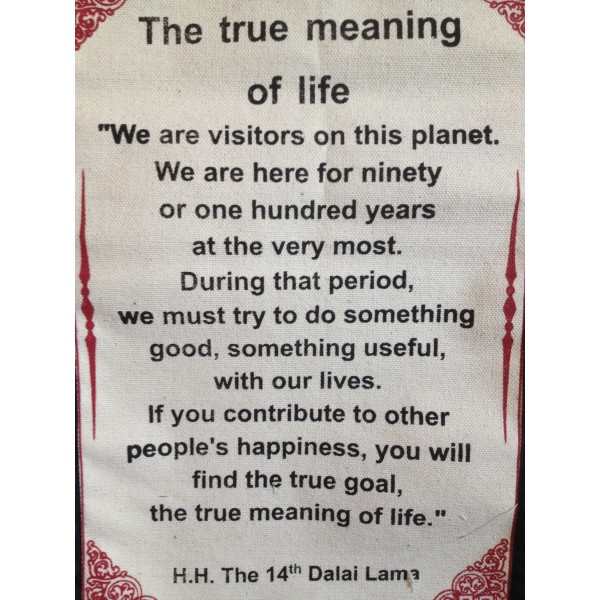
When I am feeling overwhelmed by what life has thrown at me I take a mental holiday. I go online and look up beautiful artwork, beautiful homes, ways to repurpose furniture and yes, cute kittens and puppies. (After all, our perception of the world is based on how we perceive it and sometimes we need to reset it with the positive).

Makes me smile every time
So… Hold onto the Light and keep putting one foot in front of the other, One Step at a Time.

About the campaign:
#HoldOntoTheLight is a blog campaign encompassing blog posts by fantasy and science fiction authors around the world in an effort to raise awareness around treatment for depression, suicide prevention, domestic violence intervention, PTSD initiatives, bullying prevention and other mental health-related issues. We believe fandom should be supportive, welcoming and inclusive, in the long tradition of fandom taking care of its own. We encourage readers and fans to seek the help they or their loved ones need without shame or embarrassment.
Please consider donating to or volunteering for organizations dedicated to treatment and prevention such as:
American Foundation for Suicide Prevention
Home for the Warriors (PTSD)
National Alliance on Mental Illness (NAMI)
Canadian Mental Health Association
MIND (UK)
SANE (UK)
BeyondBlue (Australia),
To Write Love On Her Arms and the National Suicide Prevention Hotline
To find out more about #HoldOntoTheLight, find a list of participating authors, or reach a media contact, go to www.Facebook.com/WeHoldOnToTheLight.
www.HoldOnToTheLight.com



